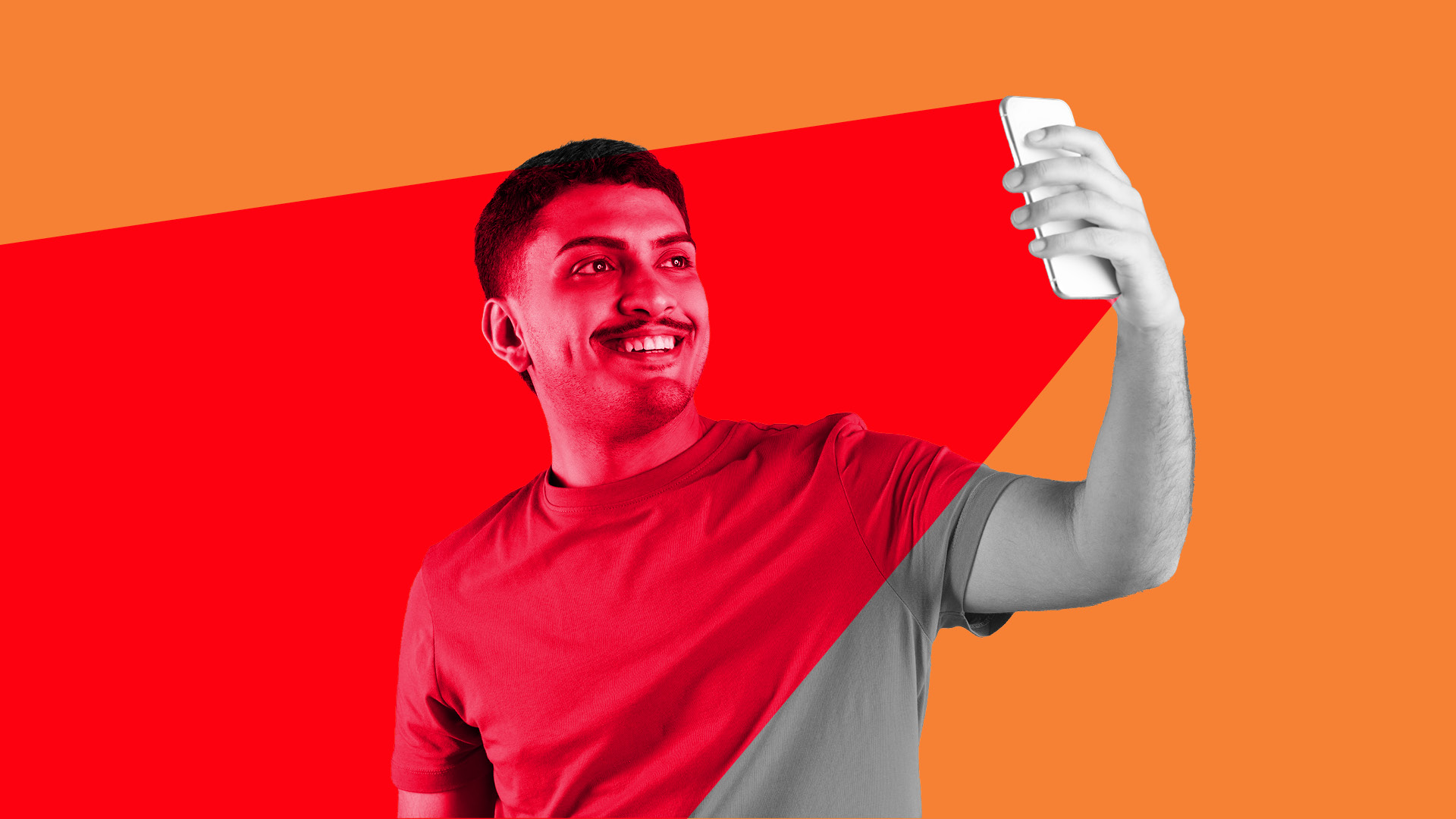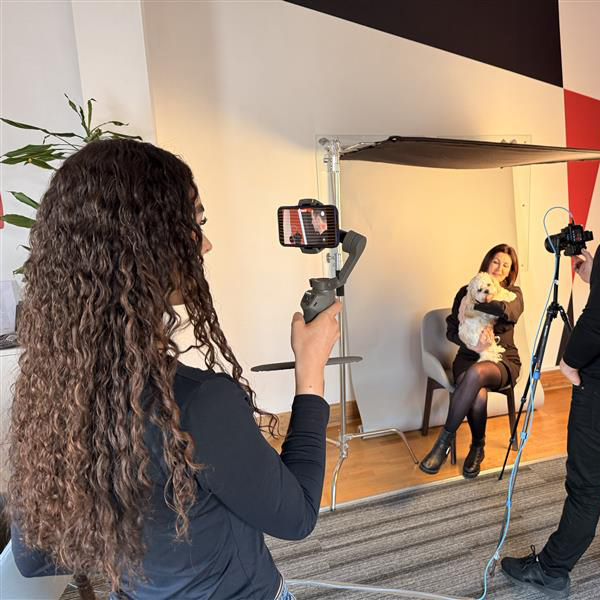In today’s digital-first world, how companies connect with consumers has evolved in ways we couldn’t have imagined even a decade ago.
As a millennial, I’ve grown up with social media; I’ve watched it transform from a simple way to keep up with friends to a massive marketplace where trends are shaped, products are discovered and communities are built around brands and personalities.
With every new platform that emerged, from early sites like MySpace and MSN to today’s dynamic ecosystems on Instagram, TikTok, the concept of influence shifted in real time. This evolution has enabled influencers to become some of the most trusted voices in digital marketing, often surpassing traditional brand marketing in engagement and reach.
Influencer marketing vs. traditional brand marketing:
Why it matters
To me, the key to any successful marketing strategy is about building trust, sparking real engagement, and inspiring action. Traditional brand marketing through TV, radio, or billboards has always aimed to do this, but as more people shift to spending time on social media, they're becoming more selective about what they actually pay attention to. Traditional ads sometimes struggle to cut through the noise.
This is where influencer marketing shines. Unlike standard brand advertising, influencers bring a personal, relatable touch that resonates deeply with people. They instantly become more relatable.
When an influencer shares a product or service, it doesn’t come across as just another ad—it feels like a genuine recommendation from a friend. This authenticity quickly builds trust. In fact, research shows that 92% of consumers are more likely to trust an influencer's recommendation over a traditional ad (Digital Marketing Institute). By creating that close-knit, community vibe, influencers let me connect with audiences in a way that feels not only effective but genuinely meaningful.
With major influencers like Cristiano Ronaldo, who commands over 600 million followers and can earn up to $3.23 million per post, it’s clear how powerful this reach is. For brands, this authenticity-driven approach makes influencer marketing a strong companion and often a refreshing alternative to traditional brand marketing.
The role of paid social in amplifying influencer marketing
As someone who’s relatively new to the marketing and communications industry, with just a year of experience, I’ve already seen how quickly trends and algorithms can change on platforms like Instagram and TikTok. One minute, a campaign might be gaining traction organically, and the next, a small algorithm shift can impact reach drastically. With these unpredictable changes, relying only on organic reach feels like a gamble. This is where paid social media becomes an essential tool it helps ensure that influencer content reaches the audience it’s intended for and can expand well beyond that.
Using paid social has also taught me the value of targeting and retargeting. Being able to strategically boost influencer content allows companies to reach new audiences and test different approaches, even on a smaller budget. The detailed data from paid campaigns like performance metrics, demographics, and engagement insights has become an invaluable resource for optimising future campaigns. For me, this data has made a huge difference in understanding what’s working, what isn’t and how to fine-tune each campaign to increase its impact.
The value of using an agency for influencer marketing
As an avid user of social media, I’ve seen just how dynamic and exciting the world of influencer marketing can be. With new platforms, trends, and influencers popping up every day, it can feel overwhelming to navigate it all.
1. Strategic connections:
One of the biggest perks of partnering with an agency is their established relationships with influencers. They really understand which creators resonate with a brand’s identity, goals, and target audience. I’ve seen how this experience leads to carefully curated partnerships, where the influencer’s authenticity aligns perfectly with the brand’s message and values.
2. End-to-end campaign management:
Let’s be honest, managing an influencer campaign can take a lot of time and effort. From brainstorming content ideas to negotiating contracts and tracking performance, it can quickly become overwhelming. That’s where an agency shines. They handle all the details, allowing me to focus on the bigger picture while knowing my influencer marketing strategy is in expert hands.
3. Data-driven decisions:
In my experience, data is everything when it comes to influencer marketing. The agency has access to powerful analytics tools that help make informed decisions. Instead of getting caught up in vanity metrics like follower counts, they analyse engagement rates, audience demographics, and conversion data. This ensures that campaigns hit their key performance indicators (KPIs) and deliver a strong return on investment (ROI).
4. Compliance and risk management:
I’ve learned that compliance is crucial in influencer marketing. With all the regulations about clear disclosures on paid partnerships, it’s important to be on top of it. The agency’s expertise helps ensure that influencers meet compliance standards, reducing legal risks and protecting brand reputation. At CWA our ISMS protocols are amongst the most stringent in the agency world.
Consumers are leaning more toward authenticity and genuine connections these days. Influencer marketing has definitely carved out its space alongside traditional brand marketing strategies.
The power of an authentic recommendation, combined with the reach and targeting capabilities of paid social, makes it possible to create impactful, personalised campaigns. By partnering with agencies like CWA, brands can tap into high-performing influencers and gain a strategic advantage, ensuring that their campaigns reach the right people and drive meaningful engagement.
Find out more about CWA and our influencer marketing services
Mariam Malik
Media & Comms Executive



